-
Plan and coordinate training for QA/QC, analytical techniques, etc.
-
Plan and organize international conferences, symposiums, etc.
-
Conduct policy research and studies on air pollution
-
Prepare and distribute public relations materials
-
Plan and organize public awareness activities
-
Accept and arrange visits from educational institutions, etc.
What we do
Planning and Training Dept.
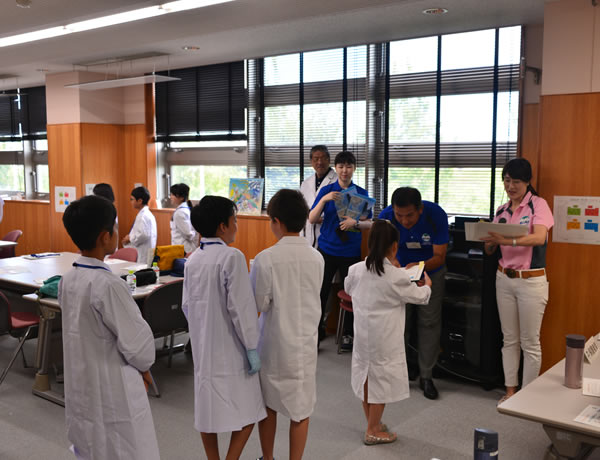
Atmospheric Research Dept.
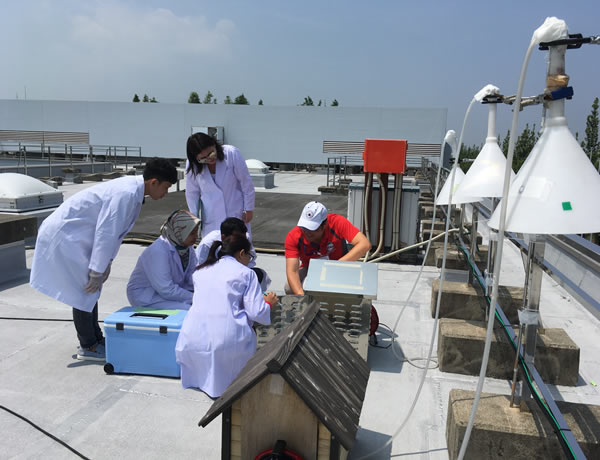
-
Measure the concentration of atmospheric gases and particle, analyze the composition, and estimate wet and dry deposition amount
-
About air pollutants and their wet and dry deposition;
- Evaluate monitoring results
- Create monitoring manual
- Promote QA/QC Program and create manual
-
Implement the spread awareness activities such as measurement equipment deployment and monitoring education for improving the monitoring technology of air pollutants in East Asia
-
Research on mechanisms about advection, diffusion, formation and deposition of air pollutants
-
Research on long-range transboundary air pollutants and emission sources based on continuous measurement of water-soluble component, carbon component and metal component in PM2.5
-
Research on the dynamics of air pollutants by using air quality simulation models and the development of emission inventories
【Measurement items】Air pollution gases, PM2.5 mass and chemical concentration including ion, carbon, and metal components, optical depth, rain water pH, etc.
Ecological Impact Research Dept.
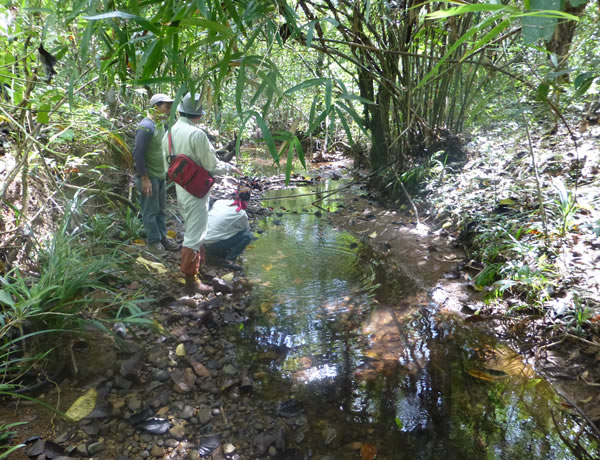
-
Regarding Soil, Vegetation, Inland water, and Forest catchment:
- Evaluation of monitoring results
- Consideration of monitoring guidelines/manuals
- Analysis of field samples
- Promotion of implementing QA/QC programs and developing relevant manuals
-
Studies on the input of air pollutants to forest ecosystems and their accumulation
-
Studies on dynamics/budgets of materials derived from the atmosphere in forest catchments
-
Development of methodologies on the application of multi-isotopic analysis to monitoring/research activities
【Measurement items】chemical properties of rainwater, inland water, and soil, ion concentrations, sulfur isotopic ratio, metal concentrations, water balance in forest catchment, other multi-elemental isotopic ratios
(as collaborative studies with other organizations)
(as collaborative studies with other organizations)
Data Management Dept.
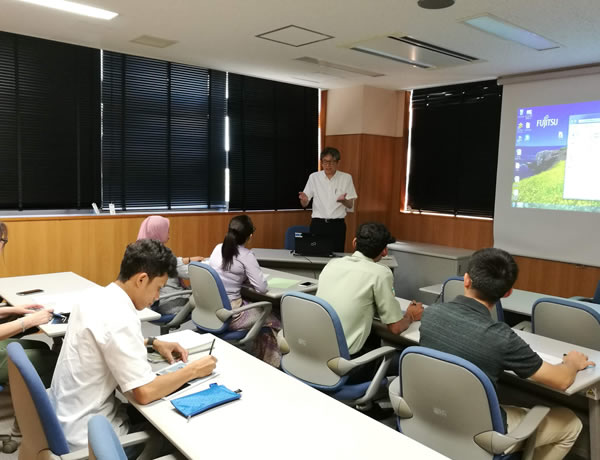
-
Compile, evaluate and store monitoring data in Japan and East Asia
-
Develop a monitoring database and provide monitoring data
-
Coordinate and implement QA/QC programs
-
Implement inter-laboratory comparison project by using artificial samples etc. and evaluate data
-
Consult and advice for national monitoring plans of EANET countries
-
Prepare periodic data evaluation report and annual data report of EANET
-
Research emission inventories
Operations as the Network Center for EANET
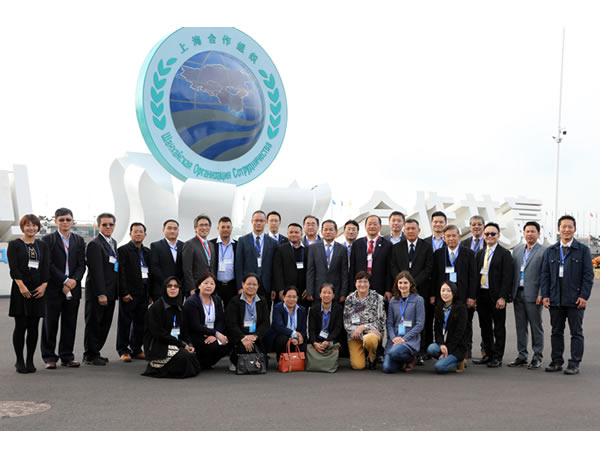
-
Summarize the technical support projects related for developing monitoring plans, etc.
-
Plan and coordinate training for QA/QC, analytical techniques, etc.
-
Plan and organize international conferences, symposiums, etc.
-
Prepare and distribute public relations materials
-
Dispatch technical missions to EANET participating countries
-
Collect and provide general information on acid rain issues and EANET networks
-
Conduct policy research and studies on air pollution
Operations as the National Center of Japan
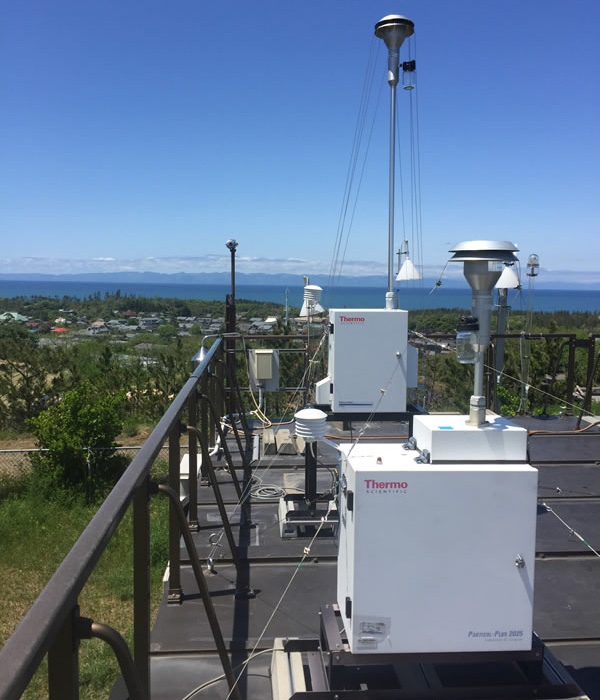
-
Draft national monitoring plans
-
Collect, evaluate and store national monitoring data
-
Submit monitoring data to the Network Center
-
Conduct QA/QC activities in Japan
Other operations
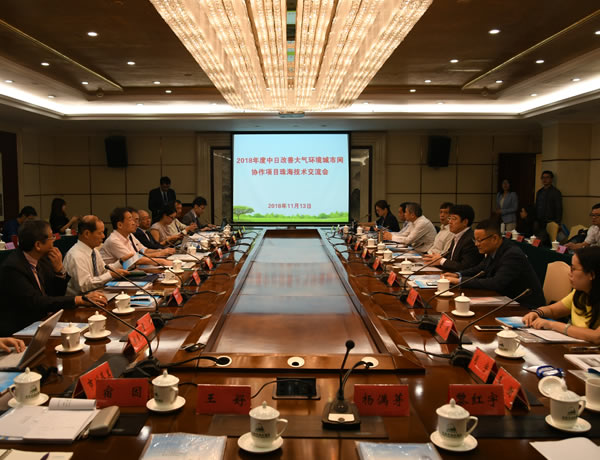
-
Manage and operate some domestic acid deposition monitoring sites
-
Compile, evaluate and store data of domestic monitoring sites except for domestic network sites
-
Develop various reports, write books for research, and disseminate information
-
Support for creating a network of researchers, local governments, enterprises, etc.
-
Implement projects for international cooperation
- JICA Projects
-
Promotion of tasks for intercity collaboration for the improvement of atmospheric environment in China
- Tasks for collaboration with Asia Pacific Clean Air Partnership (APCAP)
- Tasks for collaboration with Clean Air Asia (CAA)